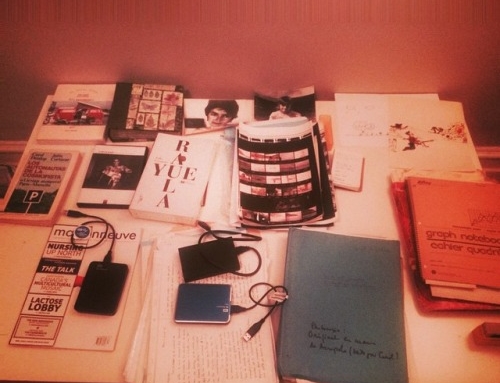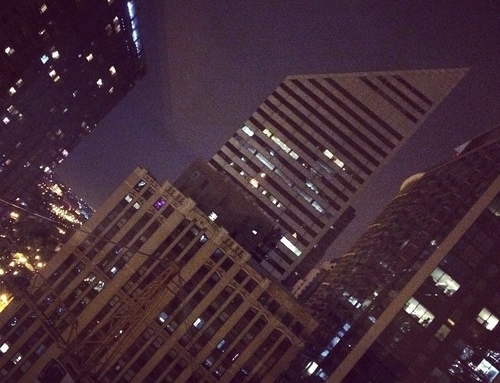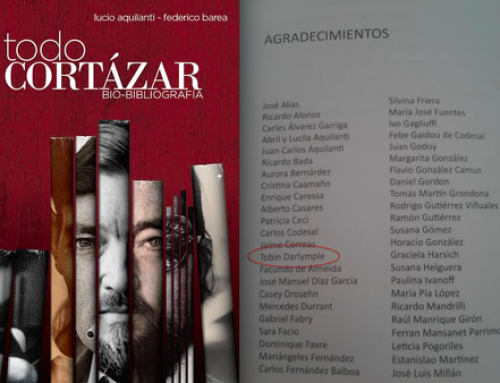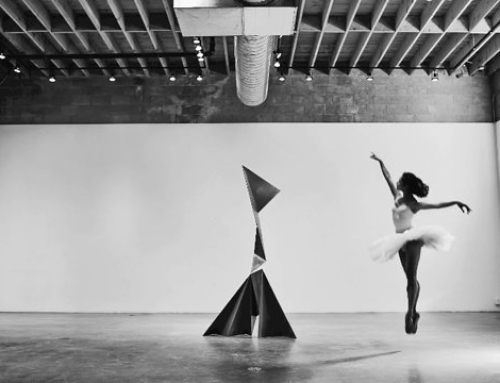Dear everyone,
I picked up a Sylvia Plath journal this week, and in it I have found my new mantra: Character is Fate. I find I am repeating the words to myself compulsively, nearly a thousand times a day. A good reminder to be the better version of yourself in whatever little stupid scenario or decision, and to keep you on the straight.
Well anyway. Part of this whole deal is that I should be crossing off an “X” on my calendar every day. The “X” means that on that day, I had written. Even if it’s just one sentence, or just one word, I get to draw that very satisfying little cross-out and in a few days, you get a chain going, and there’s nothing like keeping it going.
At the moment, I’ve got two stories on the go. One is a good one about a woman named Violetta, a Spanish woman, and it takes place in the South of France where I spent some time, and also in Paris in the 70s, with the crowds of intellectuals, whiskey drinkers, cinema goers. Another one is about a peanut salesman in Buenos Aires who wakes up one day as a Mile End Jew. I just like the title of that one.
Well. Today I was stuck. Was going to get back into Violetta but I am feeling clumsy and was poking around the archives instead and I found a nice story, written around the same time I started to write 3 Rooms in Paris. It’s one long diary entry from a night I remember vividly now that I read it, but had completely forgotten. At the time I didn’t publish it, for a variety of reasons that seem to personal to mention now, but here it is, slightly edited. The story of the steps in Montmartre that had haunted me for four years.
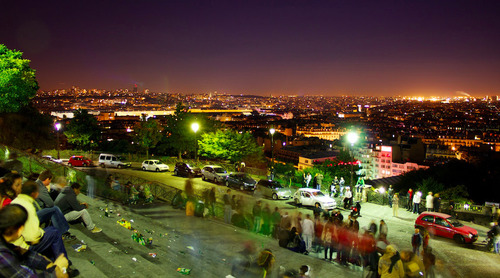
Midnight in Montmartre. Marie slept and I couldn’t. The taste of garlic in my mouth, the empty wine bottle, the jazz music playing softly in duet with the passing cars and mopeds of Marcadet. An urge had been brewing in me since dinner, an unfamiliar craving to get outside, to take a walk. Maybe it was the spirits of all those ambling expats – Cortazar exploring the mazes of Raspail, Miller zipping down Clichy on his bike, Hemingway hunting a good cafe – but the intention to get outside, to see the buildings and the streets in the dark, to eat an ice cream on a terrace – and to meet someone new – was boiling in me harder than I ever felt, and there was no ignoring it.
So shutting the door, quietly, down the two flights of stairs, through the garden, out the green steel gate, I was walking up Rue Etienne Carrierre, and up along Lamarck, headed East – over to Cailauncours – and then it started to dawn on me where I was taking myself. I started to realize this was no regular walk. This was the moment I was cringing at all week. This was the moment I knew I would have to face, at some point, now that I was living in Monntmartre. This, the moment I would climb those giant steps, those white cascades up Sacre Coeur – and be forced to remember.
Four years ago there I was, those white steps. I had spent the night with a young blonde woman from Colorado, drinking beer in front of Le Moulin Rouge, then walking up over to Sacre Coeur with a French man who was more interested in the blonde, than being a tour guide. At some point, she left – not with him – and there I was alone and heart broken. My father had died a month earlier.
Twenty four years old. I was living a journey that sounds great on paper for a young man – first Buenos Aires, and all the love I had left there; then sailing the Baltic Sea, a sinking ship and lunatic captain in Helsinki; and now Paris, to live, to write – but god, I couldn’t stare up at the sky, I couldn’t smile, every step hurt and felt endless, every beer drunk with a quiet hope it would transform whatever demon was in my gut, every cigarette, a painful, constant sup to keep life going in the most terrible way.
Four years ago on those white steps of Sacre Coeur I sat looking at all the couples, all the friends dining on blankets, drinking wine from the bottle or plastic cup, singing songs in French, filling the air with their laughter, and decided to end the dream, to leave just as the juice was being squeezed from the orange in my mouth, I decided to leave.
I remember having my journal and writing about going home – except I had called Buenos Aires home by accident – and that felt nice to me. And I remember writing about who I was, as a person, giving myself a symbol because I felt like I needed one, and coming up with the metaphor of a butterfly chaser, never a catcher. (Strangely, maybe perfectly, a year later, I would find a woman in Buenos Aires, tattooed with butterflies, and she would be the one I couldn’t catch with my mazy net full of holes, but that’s another story.)
That night, a cold one in August of 2009, I was moaning on the steps of Sacre Coeur, unaware of how easy it could have been to just poke life in the eyes and smile. How ridiculous I was being, all those years ago, the dream in the mouth, and no way to chew it.
Midnight in Montmartre, four years later, present day, and I am walking with a grin on my face, eyes to the sky, tracing up all those metres of towering white brick, spot lit white in the cold Paris evening, and beyond it, the twinkling effervescent Eiffle, a tiny point in the distance, shooting its eye of Sauron across the city, the dark star-lit lake that is Paris, all of Paris, at midnight, in one perfect, unending view
Arriving to the back entrance of Sacre Coeur – those huge steps where I sat writing years before, still not in sight – I saw a group of five seated on straw mats, candles lit, bottles open, plates emptied, enjoying the sobremesa, the conversation after all is had, of a picnic. Among them, at least one beautiful woman – clear from metres away – maybe two, so obviously I took it upon myself to say hello.
“Bonne nuit,” I say, still not sure what to say, my French coming out shy and broken. “That’s a great looking picnic.”
I get the cold shoulder, as if they don’t hear me, which is to be expected in Paris, especially infringing on such an intimate moment. But I stand there a second longer, smiling, and the young man closest to me takes pity, and responds.
“Where you from?”
And that’s the opening I was looking for, pale readers. Who knows what was said after that, but in no time, I’m seated, learning who they are, enjoying my electronic cigarette – trying to quit – and feeling good.
They are architects, poets, and philosophers, all of them German students, living here in Paris. There are two women, and the one nearest me is like a vision, maybe everyone else is blurry and only she is in focus, maybe I talk with the others, but it is only she I talk for, I stay for, I express for. How to describe her? You can never find the right words. My readers have told me they get sick of me describing women.
But I will do it anyway: a white cotton dress lighter than feather, a thin belt tied above a waist stacked like the L'Ouvre pyramids, blonde and brown hair tied up simply, without any effort, like a farm girl, lips oozing with warmth, puffed with gel, nose round and sharp at same time, eyes, I am sure blue, or if not, grey, but I couldn’t tell, chin like a Rodin, voice, near perfect British English, near heart-breaking French. She is serious and her head spins to talk to her friends, and she won’t let me know I exist. I talk with the philosopher beside me, but I can’t remember a word of it.
It won’t be long though until we are walking and she is staying behind and we are speaking. I say something stupid about the buildings, something an architect would find amusing, and she leaves, and then she comes back moments later, and we are walking again. She has lost her phone, and I nearly give her mine, I want to give her my phone, I want to give her anything she wants, but I know I shouldn’t. And then not long until we’ve made our way to those long, steep steps in the front of Sacre Coeur, and there sat my ghost, the sad kid, whining in his diary, as the fantasmagora of a Montmartre in Paris, the yolk of life, streamed down those steps like yellow lava. How could he not have seen it? All it takes is to poke your fingers in and then out comes life. So I am walking and now asking to see see her again.
“Why not,” she hesitates. “I’ve only just arrived anyway.”
And so we are walking, and I haven’t even bother to look at the steps, to rememeber anything about that night four years ago, because what does it matter now? And we all say good bye, we all say see you later, and I hope that we do. And the walk home now alone, I will have come, I will have found out something, another piece of the puzzle. To walk in Paris at night and not speak, to not enjoy, to not experience, is a choice and there is no loneliness where there is teeth. You’ve got to bite into things, you know?








